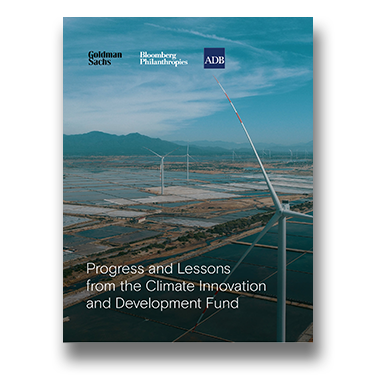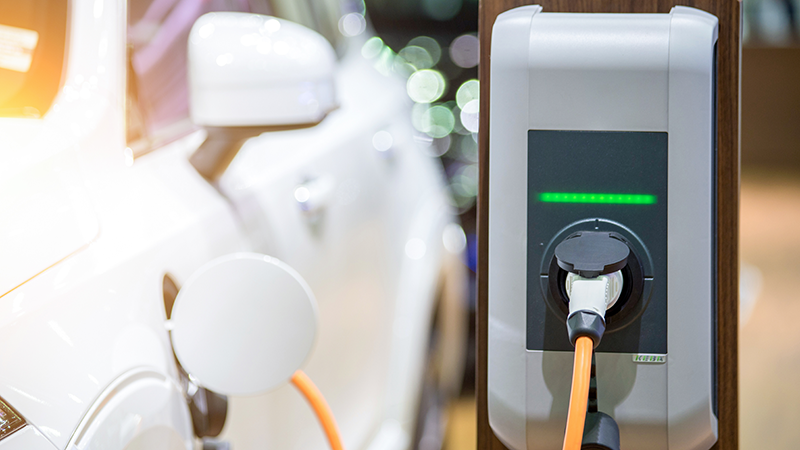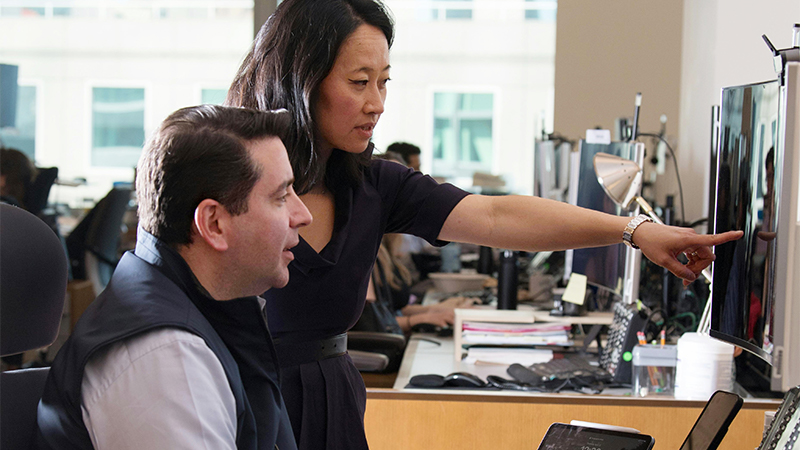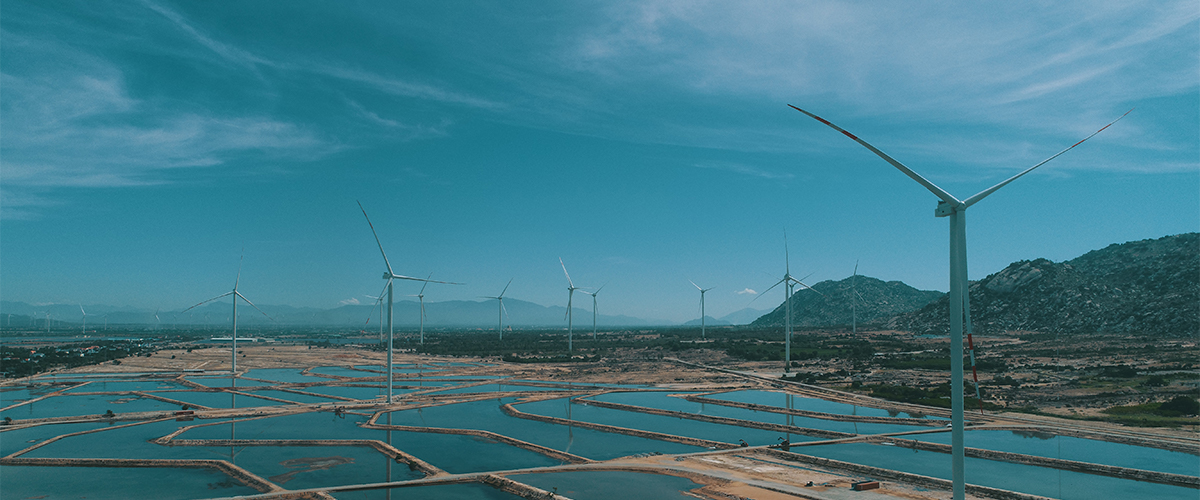Combining resources from private, public and philanthropic funding proves powerful in driving sustainable development in emerging markets
Despite growth in recent years, global climate finance flows continue to fall short of demand. In 2021-2022, average climate finance flows reached nearly $1.3 trillion — nearly double 2019-2020 levels, but well below the roughly $4.5-$5 trillion estimated need1. The gap is particularly acute in Asia, where local economies remain heavily dependent on public-sector financing — and where clean energy investment is not yet at scale. In India, for example, the power sector may need about $650 billion in additional financing to reach its 450GW renewable energy target2. Similarly, Vietnam’s energy sector may need $8-10 billion annually through 2030 to account for higher energy demand and looming energy shortages3. While private capital is beginning to mobilize and help emerging markets make progress on decarbonization goals, the public and private sectors must continue to work collectively to drive scale and commerciality of low carbon solutions.
In 2021, to help drive more capital, Goldman Sachs and Bloomberg Philanthropies partnered to seed and launch the Climate Innovation & Development Fund (“the Fund” or “CIDF”), which is managed by the Asian Development Bank (“ADB”). The Fund’s goal was twofold: 1) increase the pace, scale and ambition of climate solutions and 2) help transition to a low carbon economy.

- Progress and Lessons from the Climate Innovation and Development Fund
Combining the respective strengths of Goldman Sachs, Bloomberg Philanthropies and ADB uniquely positioned the CIDF for success. By leveraging our convening power, grant capital, industry knowledge and in-region expertise, we could expand our efforts, build scale quicker and help close the gap more efficiently.
The Fund was structured as a blended finance facility4 and focused on catalyzing investment in low carbon technologies across South and Southeast Asia — particularly in India and Vietnam, given their enabling environment and urgent need for carbon emissions reductions to meet country-specific climate goals. Managed by ADB, the Fund was seeded with $25 million of grant capital from Goldman Sachs Gives and Bloomberg Philanthropies. The $25 million seed capital subsequently helped unlock ~$500 million in private-sector and government investments across seven projects, each aimed at helping accelerate technologies and markets for a low carbon future.
Our unique fund structure leveraged various finance mechanisms to mobilize capital through the targeted use of concessional financing (e.g., capital expenditure buy-down grants, performance or milestone-based grants, and liquidity reserves)5. These were blended with ADB’s own lending or investment and/or financing mobilized from third parties. Using this approach, ADB deployed all of the seed capital.
The seven projects funded by the CIDF demonstrate potential for concrete, measurable climate-related outcomes in the most carbon intensive areas of India and Vietnam. Investments have focused on projects in clean energy, sustainable transport, energy efficiency, and adaptation activities to help improve the climate resilience of both livelihoods and infrastructure. Each was catalytic in nature within its regional context and is poised to have a lasting demonstration effect.
Read the Press Release: Bloomberg Philanthropies and Goldman Sachs Catalyse ~$500 Million of Investment in the Clean Energy Transition in South and Southeast Asia
1. Sourced from: Climate Policy Initiative, Global Landscape of Climate Finance – 2023 & 2021.
2. Sourced from: Bloomberg, Press Release.
3. Sourced from: USAID, Clean Energy Report.
4. Blended finance is defined as the strategic use of development finance (from public or philanthropic sources) to mobilize additional private sector finance in sustainable development.
5. ADB administered Fund financing in accordance with Development Finance Institutions agreed principles on the use of Blended Concessional finance for private sector projects.



Our weekly newsletter with insights and intelligence from across the firm
By submitting this information, you agree to receive marketing emails from Goldman Sachs and accept our privacy policy. You can opt-out at any time.
